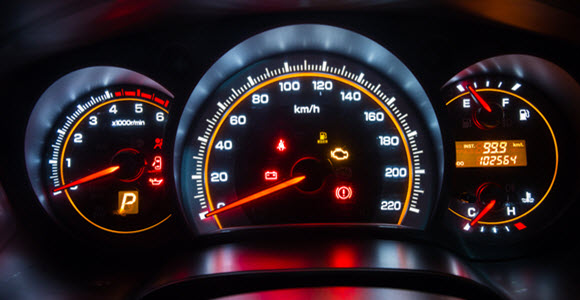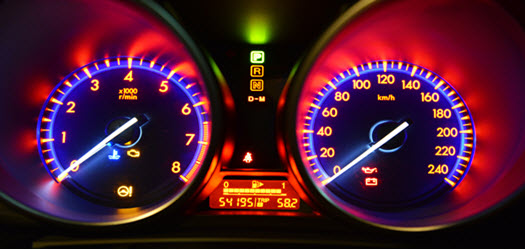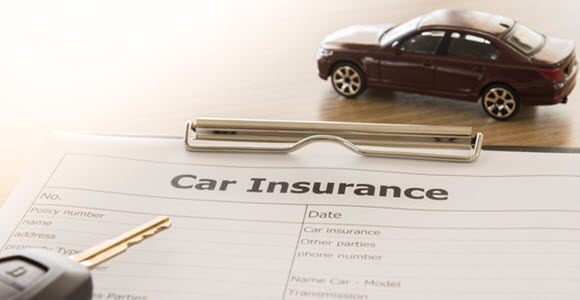The Importance of Different Warning Lights
Posted on | 28 Feb 2017 By Anita Gaal
Your vehicle requires constant maintenance and upkeep to ensure that you can depend on it to get you wherever you may need to go. While you may see a light come on the dashboard and be instantly filled with dread at the thought of expensive and elaborate repairs being required or worst-case scenario breakdowns, the dashboard warning lights are actually an immeasurably valuable tool to keeping your vehicle properly maintained. While newer cars seem to have endless lights for just about every component of the car, there are some critical lights that are important to know what they signify and what could be the issue. These are just a few of the most important lights that may be on your dashboard and the issues that they may mean are occurring.
Brake System
This light warns that there is something wrong with either the brake system or the brake fluid. Considering the importance of the brakes on your vehicle, if this light turns on your dashboard it is vital to have your car checked out immediately.
Check Engine Warning Light
Possibly the most dreaded of all dashboard lights, the check engine light usually is accompanied by weird symptoms that can include a lack of power, an intermittent stuttering when you try to accelerate or another issue being caused by whatever the problem may be. The biggest concern with the check engine light are all of the symptoms that can cause the check engine light to turn on; everything from a faulty electrical sensor or a loose gas cap to a large mechanical issue. If your check engine light is on, have your vehicle looked at by a professional auto mechanic as soon as possible. Irreparable damage can be caused to the engine and other components by failing to diagnose the issue should it be something critical.
Airbag Warning Light
If this light is on, it means that the airbag may be faulty and if it is faulty it will not deploy in the event of a crash. Obviously the airbag is one of the key inventions intended for driver and passenger safety and should it be experiencing issues, it can either deploy at a random time or not at all, meaning you should get it taken care of immediately by a professional mechanic.
Power Steering/EPAS Warning Light
This indicates that there may be an issue with the steering system. You may notice it taking more effort to steer or change direction, which can be annoying in lower speed settings and extremely dangerous on freeways or open roads should you need to suddenly swerve or change lanes.
Coolant Warning Light
Coolant is a vital part of your engine systems and without it, the engine would essentially weld itself together due to how hot it gets. If the coolant levels are low then the coolant light may turn on, but it can also mean a larger problem such as head gasket failure or something like a leak in the system. To avoid expensive repair bills or catastrophic damages to your engine or other systems, seek the help of a professional immediately.
Oil Warning Light
Another potentially damaging issue to your engine is if your oil levels get too high or especially too low. If the oil pressure drops it can put a high strain on the system and will result in reduced or completely lost lubrication for your engine, which can cause the engine to grind and inflict expensive damages on it.
Tire Pressure Warning Light
Most modern vehicles have a tire pressure monitor to determine if the tires are properly inflated to avoid risk of damaging the vehicle or the tires. Properly inflated tires will also improve fuel efficiency and handling, so if this light is on take a look to ensure the health of your tires and the sensors themselves.
Conclusion
While there are a large variety of dashboard lights that can indicate issues for your vehicle, knowing the most important ones and what they may signify is a great way to keep your car in top shape and maintain peak performance while avoiding expensive and extensive damages and repairs to your car. Whether it is an issue with oil pressure or the check engine light, finding a professional service center to help you as soon as possible will help prevent any massive issues.
















